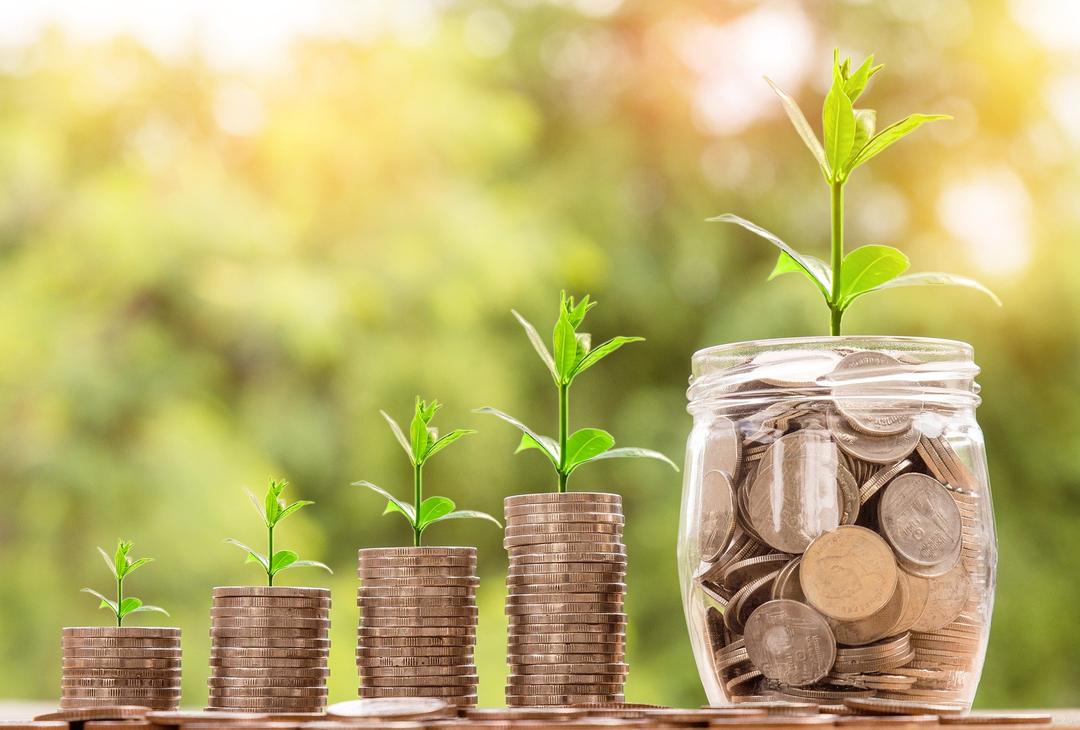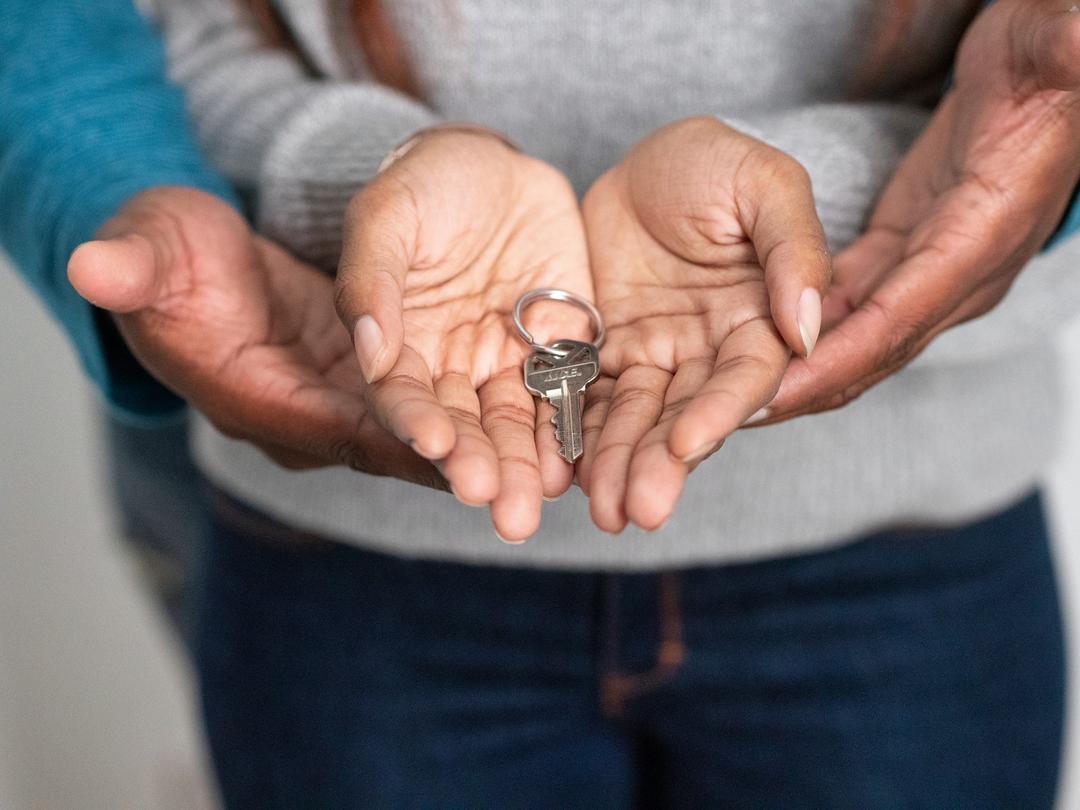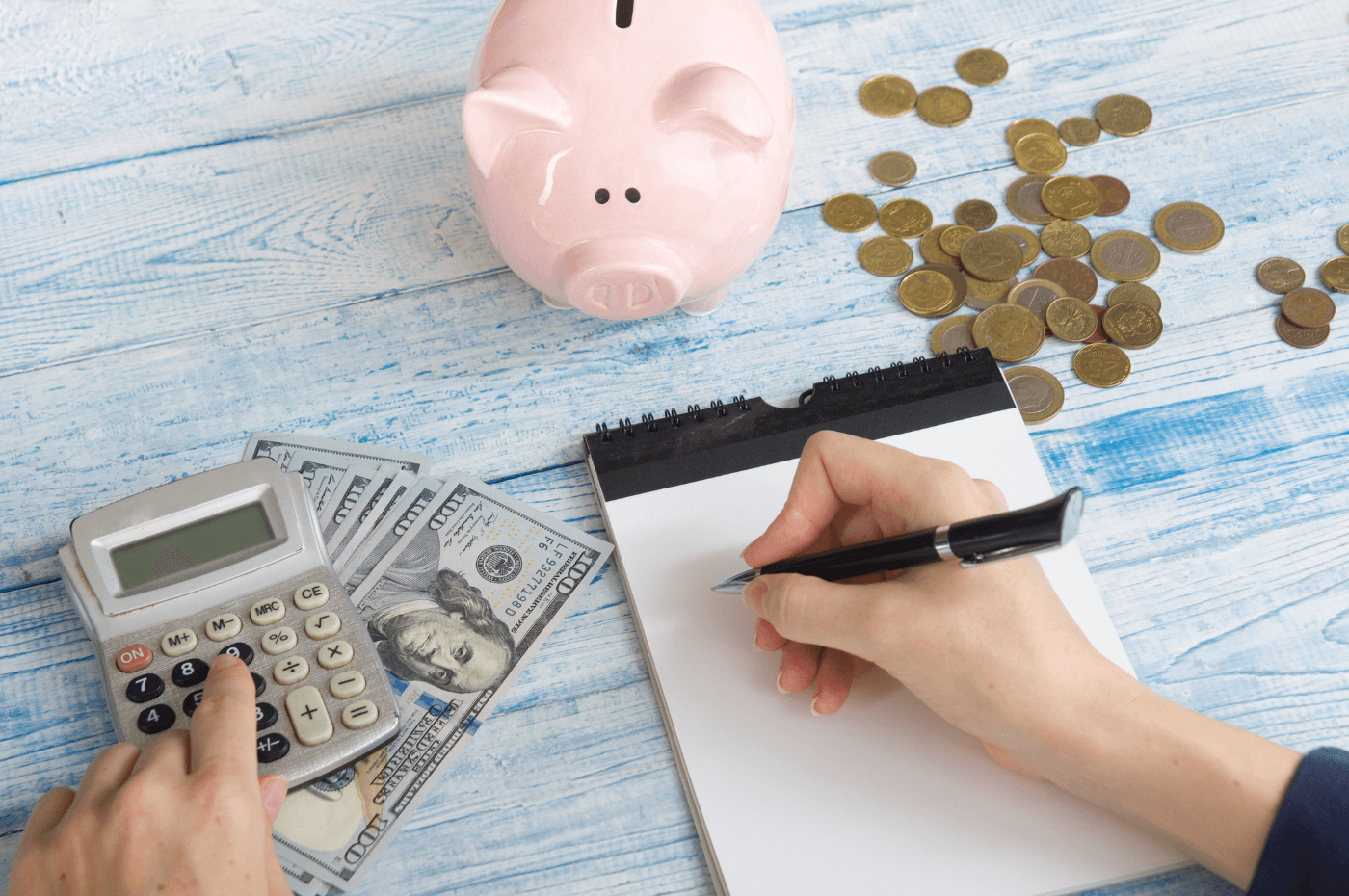Buying a home is a significant financial undertaking, especially in Quebec where a minimum financial contribution is typically required. This necessitates setting aside funds to gradually build the necessary down payment.
As time goes on, the financial commitment to purchasing property becomes more demanding. Depending on the coveted property’s price, the down payment can amount to several thousand or even tens of thousands of dollars. For first-time buyers, saving up for a real estate investment can pose significant challenges.
Do you need some advice on how to financially prepare for the purchase of your first house? Here are a few tips for you.

1. Consult a financial advisor for your purchase project
One of the best ways to prepare for a major project such as a house purchase is to consult a financial advisor. Working alongside an advisor early in the process, even prior to house hunting, is a prudent choice that can greatly help you as you navigate through the various stages of your buying journey.
A financial advisor can yield valuable recommendations to support your home buying endeavour. By assessing your financial situation, your advisor can offer you strategies to enhance your credit score and minimize outstanding debts. Additionally, you can expect tailored advice on establishing a saving plan specifically geared towards saving for your down payment.
2. Draw up a realistic and precise budget
After consulting with your financial advisor and assessing your financial situation, it’s crucial to create a detailed and realistic budget to prepare for your home purchase. Begin by determining your desired down payment amount. Of course, keep in mind that the price of the coveted house will determine your saving target.
For homes priced below $500,000, a minimum down payment of 5% of the purchase price is typically required. While this may not sound like much, it translates to $17,500 for a $350,000 property. This amount can be significant to set aside, particularly considering it’s only one of the several financial obligations associated with homeownership.
In addition to the down payment, it’s essential to budget for various additional expenses associated with purchasing a home, including ongoing living costs, moving expenses, utility setup fees, and furnishing expenses. You should plan on allocating at least an extra 1,5% of the property’s purchase price to cover these expenses, more if you can. Maintaining a financial cushion is crucial as inefficient reserves may lead banks to perceive your situation as high-risk, potentially resulting in mortgage loan denial.

3. Reduce your debts
Prior to embarking on your savings journey, you should prioritize reducing your debts, particularly if you have multiple outstanding debts. Clearing your debts will help you facilitate saving for your down payment.
Additionally, paying off debts improves your credit score, a pivotal factor for mortgage approval by lending institutions. However, debt reduction entails more than settling existing debts; it involves refraining from acquiring new ones which usually requires you to change your spending habits.
4. Change your spending habits
To financially prepare for property purchase and to be able to put some money aside, chances are you’ll need to adjust certain spending habits. Establish manageable monthly goals; this will help you reach your goals without feeling overwhelmed.
Minimize unnecessary spending by reassessing your priorities. Consider reducing paid activities, dining out less frequently, cancelling unnecessary subscriptions, and limiting nonessential purchases... It is not the ideal time to buy a new car or to go on a trip!
Keep in mind that the more you cut back on your spending, the faster you'll be able to accumulate the amount you need for your down payment and associated expenses.

5. Learn to save
Saving isn't always easy, especially if it’s not a habit you’re accustomed to. However, there are strategies to facilitate the process.
Automatic savings is one such method: set up regular withdrawals from your income or bank account into RRSP or a savings account. In doing so, your savings steadily grow without requiring additional effort on your part.
Remember, when it comes to saving, every little bit counts! Even small, regular contributions can accumulate over time and make a significant impact on your long-term financial stability.
6. Be rigorous in your objectives
Saving for a down payment is more like running a marathon rather than a sprint. According to the APCIQ, it takes an average of five years to accumulate the minimum down payment for a first home purchase. Achieving your financial goal of purchasing a property requires perseverance and dedication over time.
It’s crucial to remain committed to your objectives and recognize that any deviations from your financial plan could potentially postpone your project. Keep your target in sight and be open to revising your financial plan if your situation changes.

7. Take advantage of home ownership subsidies
It’s common for individuals purchasing their first home to seek financial assistance. When making such a major investment, it's only natural to want as much help as possible.
Fortunately, there are numerous options available to support you in achieving your project. In fact, both the Quebec and Canadian governments offer various financial assistance programs to support individuals in purchasing property. Among the prominent initiatives are the Home Buyers’ Plan (HBP) and the First-Time Home Buyers’ tax credit (FTHB). Exploring these government programs can significantly aid new homeowners in achieving their homeownership goals.
In addition to government assistance, many municipalities in Quebec, including Montreal, Quebec City, and Sherbrooke, offer additional programs to assist individuals in their real estate endeavours. Before proceeding with your real estate project, explore the various homeownership grants and subsidies you might be eligible for through your municipality.
Buying your first home: a project that takes planning
Remember, buying a home is a project that takes planning. It’s not just about having enough funds for the initial purchase; it also entails creating a long-term financial plan. Homeownership requires financial resilience. You must be able to address unexpected circumstances and renovation, all while ensuring other financial commitments are met without compromise.
In case of financial uncertainty, it’s totally fine to re-evaluate your homeownership project. You might consider postponing your plans until your financial situation stabilizes or purchasing a smaller home initially, with the aim of upgrading later.
When you are ready to make your purchase, don’t forget to get a mortgage pre-approval and surround yourself with real estate experts that can provide invaluable advice and support throughout the process.
Cover picture : Freepik
Do you have a real estate project?
XpertSource.com can help you find a real estate broker. When you tell us about your project, we put you in touch with qualified resources for free. Simply fill out our form (it only takes a few minutes) and we will connect you with professionals.

